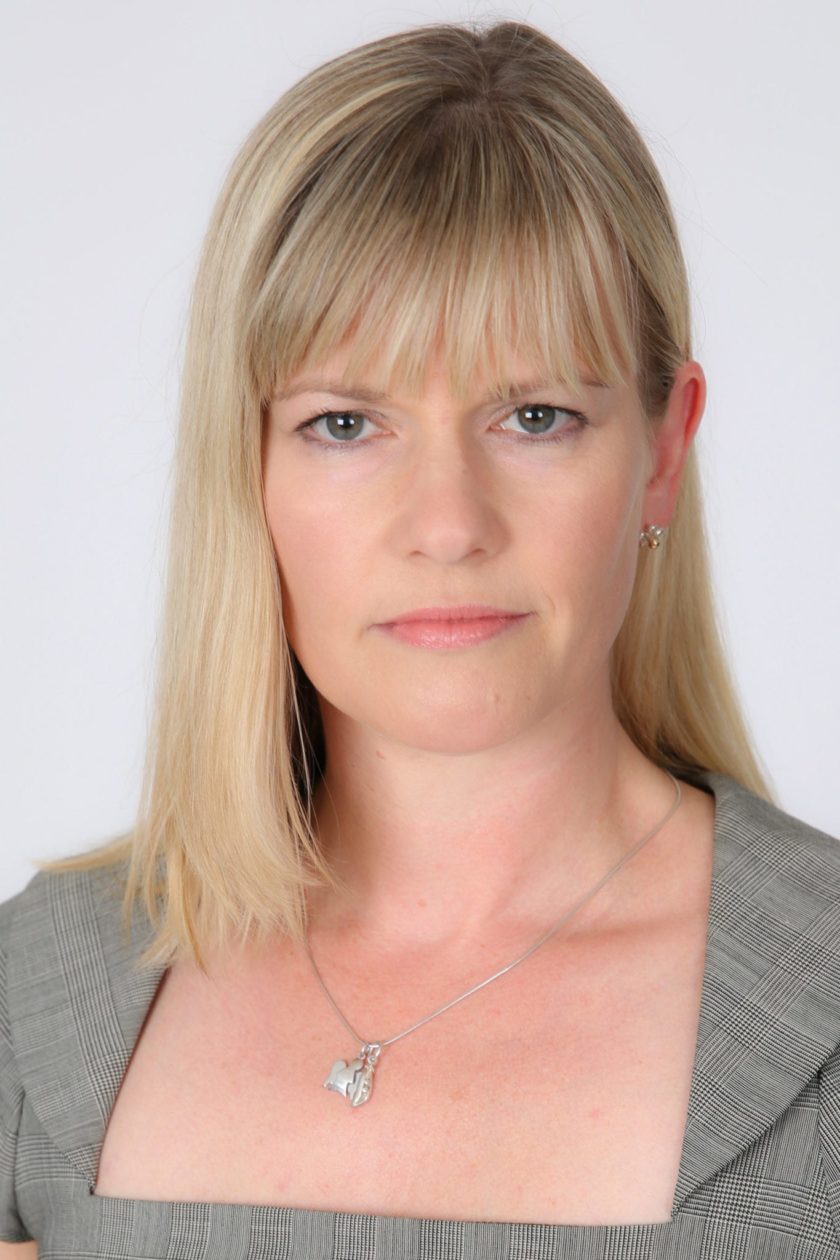Juliet Schooling Latter, research director, FundCalibre, continues her exclusive series for Professional Paraplanner looking at funds that are at or near their three-year track record.
“We think it’s a really interesting set-up now for UK equities with valuations at two-decade lows given the potential end game for Brexit, M&A activity turning upwards and sterling looking undervalued.”
That’s the view of Rathbone UK Opportunities fund manager Alexandra Jackson, who says she has no fewer than 20 companies on her watchlist and believes her fund is well-positioned to take advantage in this unique environment.
The UK has been the standout underperformer in the developed world in 2020 and has not seen the bounce back in markets that many of its peers have experienced. This is partly thanks to the economic Damocles that is Brexit, but it is also due to the structure of the UK market – which is tech-light from a sector perspective but is overweight underperformers like energy.
One of the benefits of this fund is the ability to sidestep those sectors with significant uncertainty. Alexandra says: “We could avoid the FTSE 100 if we wanted to – we currently have a 25% weighting but much of that is with FTSE 250 companies which have subsequently grown up. We can avoid banks, energy, travel and leisure – and performance this year has been driven as much by what we don’t own as what we do own.”
The proof is in the pudding. The fund is top quartile in the Investment Association UK All Companies sector year to date, having fallen 7.6%, compared with a fall of 17.9% for the average fund in the sector*.
Alexandra started on the then Rathbone Recovery fund in 2014 as assistant manager. She took over as sole manager and renamed it the Rathbone UK Opportunities fund in October 2017 and is now supported by analyst James Workman.
“Under its previous guise I’d spend the first half of a client meeting explaining what the fund does – they weren’t sure, and a recovery fund is often tied to the idea of being a value manager, which I am not.”
The fund now has a greater focus around quality growth. It covers companies in the FTSE All-Share, as well as the top end of AIM (companies with a market-cap over £100m).
Alexandra says the team initially used a number of screens to build the portfolio – however, this has begun to shift as they now know most of the companies in their universe and have a strong network of brokers/analysts who they rely on for ideas.
“There are 50 stocks in the fund – but I would l say there are around 150 companies we look at in-depth for inclusion. We also have around 350 company meetings a year,” she adds.
The portfolio holdings are divided into ‘buckets’ based on their attributes. These are: structural growth (40%); defensive growth (30%); unique assets and higher beta (15% each).
The structural growth bucket covers companies with strong barriers to entry, recurring revenues and market leaders. Defensive growth contains companies that boast resilient sales and scale.
Unique assets covers the likes of innovators or disruptors and is a sector which has performed particularly well during the pandemic.
Alexandra cites the likes of clean energy provider Ceres Power as an example, as there is no correlation between lockdown and their activities.
The fund did take advantage of the February-March sell-off, adding to names like Fever-Tree and food producer Cranswick – two companies that Alexandra had been waiting for an opportunity to access for some time.
“Covid has been a lesson in holding your nerve and being nimble. We’ve also had to re-access what we mean by defensive and what we mean by quality.”
Active is undoubtedly the place to be for the minefield that is UK equities – and that has been the case for the past few years. Being patient and selective has been a must for any fund to prevent losses and, under its new guise, this fund has done precisely that.
Past performance is not a reliable guide to future returns. You may not get back the amount originally invested, and tax rules can change over time. Juliet’s views are her own and do not constitute financial advice.
*Source: FE Analytics, total returns in sterling from 31 December 2019 to 1 October 2020



































